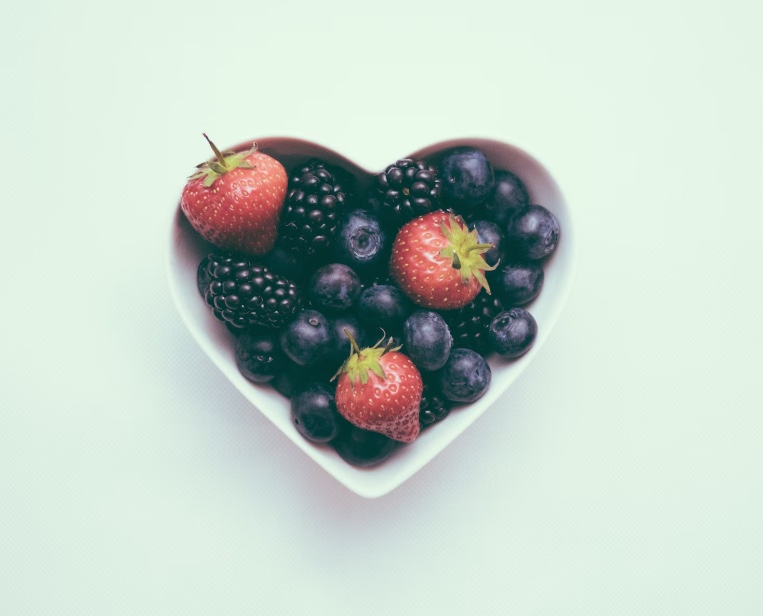Vitamin D Insufficiency
Vitamin D is often called the "sunshine vitamin" because our bodies can make it when our skin is exposed to sunlight. It's super important for helping our bodies absorb calcium and keeping our bones strong and healthy. But even though vitamin D is essential, a lot of people don't get enough of it. This can happen because we don't get enough sun exposure or because there aren't many foods that naturally contain vitamin D. Some signs that you might not be getting enough vitamin D include feeling anxious or depressed, losing hair, having achy muscles, and even losing bone density over time. If you're worried about your vitamin D levels, talk to your doctor. They can do a simple blood test to check and see if you need to make any changes to your diet or take a supplement.




